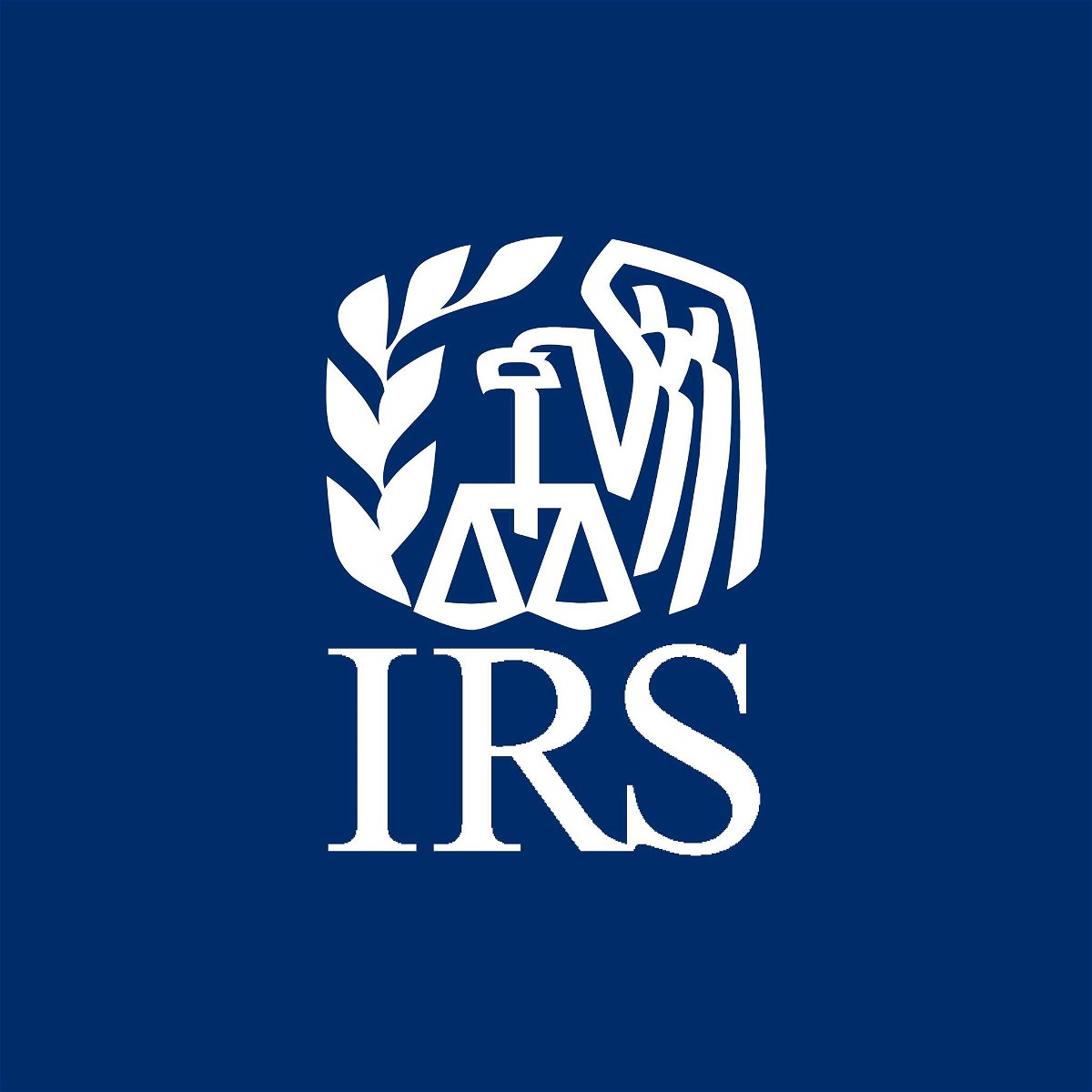Tax filing season begins January 29 with notable improvements for taxpayers

WASHINGTON, D.C.– The Internal Revenue Service (IRS) announced that the 2024 national tax season begins on Jan. 29 of this year and the agency will begin accepting and processing 2023 tax returns on that Monday.
The IRS expects more than 128.7 million individual tax returns to be filed by the Apr. 15 deadline this season details a press release from the federal agency.
Although tax season will not officially begin until Jan. 29, 2024, filers do not need to wait to work on their taxes if they are using software companies or tax experts.
According to the IRS, most software companies accept tax filings ahead of that start date and hold returns until the IRS begins processing.
You can also file on your own. To get started, visit the IRS' "Get Ready" webpage that details all the information you will need regardless of how you intend to file.
The IRS Free File option is now available for a taxpayer or family with an adjusted gross income of $79,000 or less in 2023 detail the IRS.
The IRS Direct File pilot will be rolled out in phases as final testing is completed and is expected to be widely available in mid-March for eligible taxpayers in participating states explain the IRS.
With the passage of the Inflation Reduction Act of 2022, there has been a notable focus on improving taxpayer services detail the IRS.
Some of those new or expanded resources include:
- Expanded opportunities for in-person service at local Taxpayer Assistance Centers
- Improved customer assistance, including a call-back feature, for the IRS' toll-free line
- More informative "Where's My Refund" tool messages and accessibility for mobile devices
- Enhanced paperless processing, including the option to e-File 20 additional tax forms
- A new pilot service called Direct File that gives some taxpayers the choice to file their 2023 federal tax returns online for free and directly through the IRS
- Individual Online Account options have been expanded to include options to chat, schedule or cancel future payments, revise payment plans, and validate and save bank accounts
“As our transformation efforts take hold, taxpayers will continue to see marked improvement in IRS operations in the upcoming filing season,” said IRS Commissioner Danny Werfel. “IRS employees are working hard to make sure that new funding is used to help taxpayers by making the process of preparing and filing taxes easier.”
According to the IRS, the federal Protecting Americans from Tax Hikes (PATH) Act does not allow the IRS to issue Earned Income Tax (EITC) and Additional Child Tax Credit (ACTC) refunds before the middle of February and the Where's My Refund tool should show an update on your refund by Feb. 17 with most refunds available in bank accounts or debit cards by Feb. 27.
Here is a summary of important 2024 filing dates:
- January 16: Due date for 2023 fourth quarter estimated tax payments
- January 26: Earned Income Tax Credit Awareness Day
- January 29: Filing season start date for individual tax returns
- April 15: Due date of filing a tax return or filing for an extension for most taxpayers
- April 17: Due date for Maine and Massachusetts
- October 15: Due date for taxpayers awarded an extension
